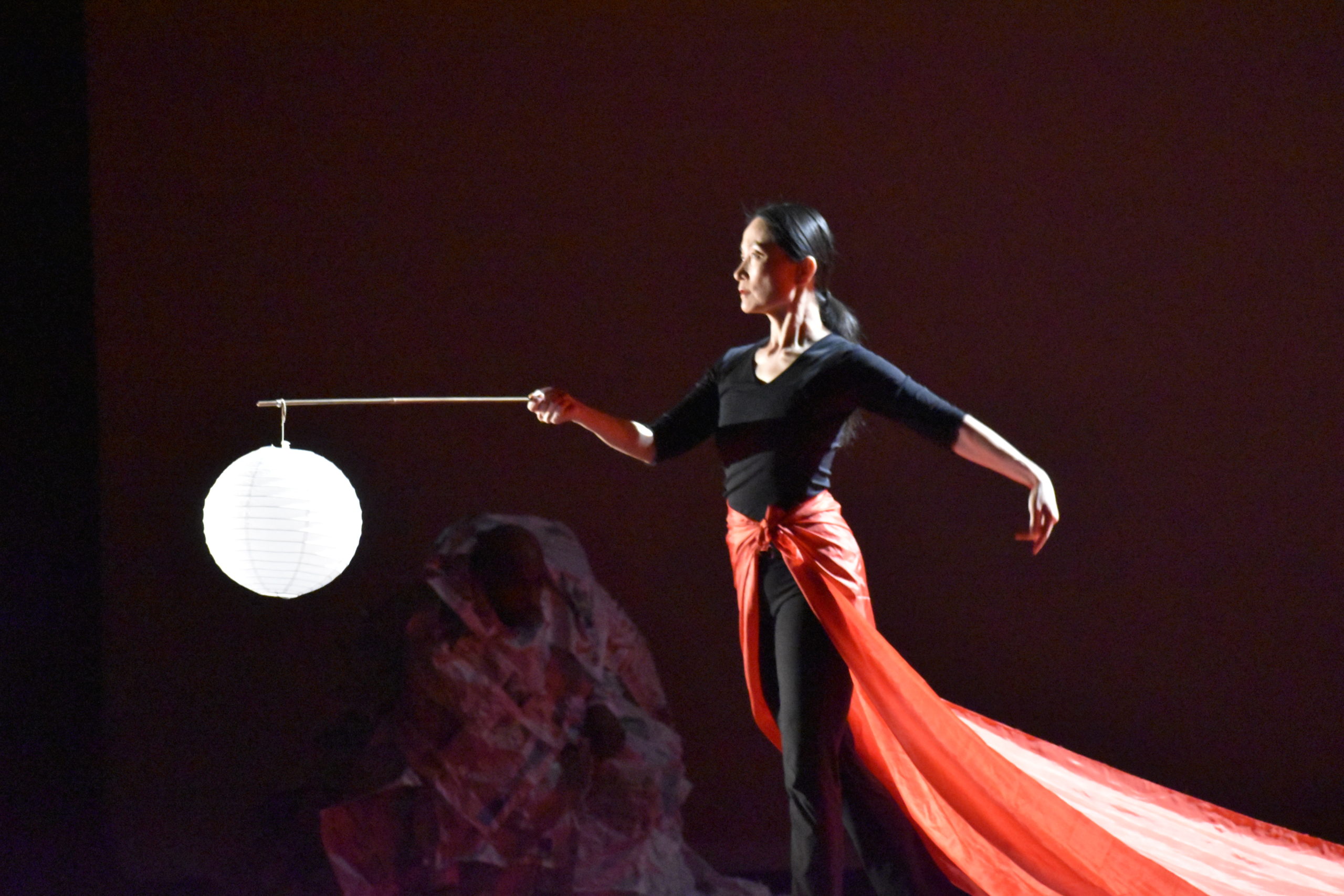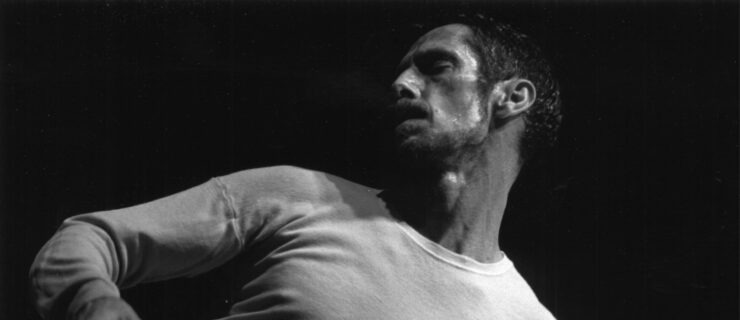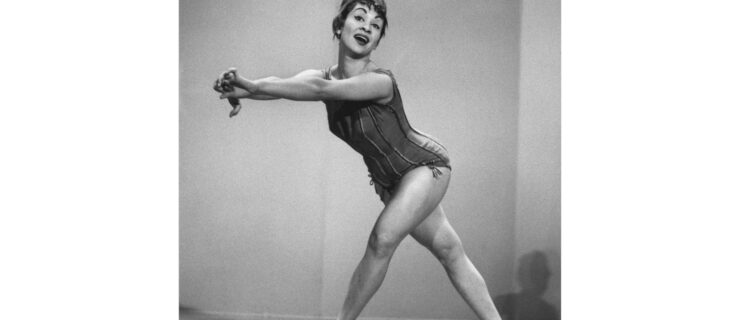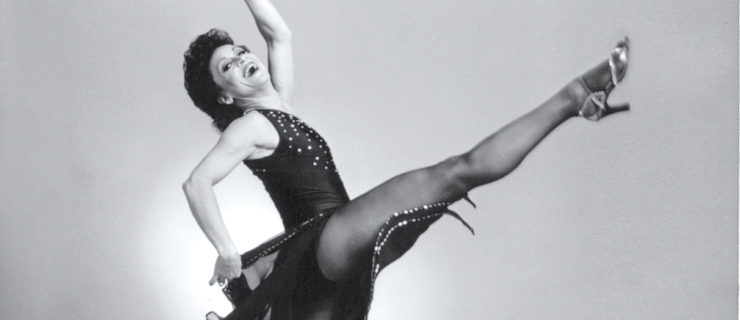Choreographer and Dancer Nai-Ni Chen Dies at 62
Choreographer and dancer Nai-Ni Chen died while vacationing in Hawaii on December 12. According to her husband, after taking morning class, she went swimming in the ocean to relax her muscles; a passer-by later spotted her body floating in the water. She was 62.
An artist who inspired others with her courage, dedication and creativity, Chen was a leading figure on the Asian-American arts scene. Her works embodied Chinese culture in new forms and overstepped the barriers dividing East and West. She was a principal affiliate artist of the New Jersey Performing Arts Center in Newark. Chen’s rigorous dance training shone through the worksthat she performed in classic Beijing Opera–style, notably the Dance of the Heavenly Flower Maiden, which was luminous in its attention to detail and in its delicacy of expression. Her great love, however, was for contemporary work that reflected her Chinese heritage. She took pride in performing to live music, frequently commissioning scores from avant-garde composers.
Dragons on the Wall (Tianji) received its premiere at the New Jersey Performing Arts Center in 2001. In this searing, evening-length work, Chen took inspiration from the poetry of Chinese dissident Bei Dao, crafting an oblique allegory about the search for human freedom, and the struggle against censorship and oppression. Dragons on the Wall was part of a series of dances that took concepts from Chinese calligraphy (achieving a balance between positive and negative space, for instance) and translated them into stage imagery. The piece featured a commissioned score by Joan La Barbara, and took place within a shadowy, graphic environment designed by Chen Shen.
Nai-Ni Chen choreographed more than 70 dances in all, and among her most popular works were Bamboo Prayer, the whimsical Raindrops and Unbroken Thread, a dance inspired by Chinese funeral rites and the belief in reincarnation. Unbroken Thread also features a spectacular set made of knotted ropes and designed by Myung Hee Cho.
Chen liked to create dances in series, including the Way of Five, which references the five elemental “phases” of Chinese philosophy; and the strikingly imagistic American Landscape series with its tableaux depicting frozen wastelands and deserts. The Whirlwind series, beginning with a piece called Mirage, draws upon the traditions of the Uighur people and distills the spiritual essence of the landscape in which they live. In all her works, Chen paid close attention to her dancers’ breathing and to the flow of vital energy through the body.
Born near Taipei in 1959,Chen received a broad-based education at Chinese Culture University in her native Taiwan, where she studied traditional dance forms and music as well as Western dance and theater crafts. While still a student, she began to dance professionally with the Cloud Gate Dance Theater. She continued her education after immigrating to the U.S. in 1982, studying composition with Doris Rudko and taking class with Bertram Ross and Mary Anthony, with whom she became fast friends. Chen founded her own ensemble in 1988, two years after she earned a master’s degree from New York University.
Based in Fort Lee, New Jersey, the Nai-Ni Chen Dance Company now gives regular performances throughout the tristate area, offering both innovative, contemporary programs and samples of traditional Chinese theater. A beloved annual event is the troupe’s celebration of the Lunar New Year featuring the playful lion dance and the spectacular dragon dance, along with a panoply of folk dances and virtuosic excerpts from Beijing and Kunqu opera. The eight-member company also tours nationally and internationally.
Undeterred by government lockdowns, Chen continued to teach and choreograph throughout the COVID-19 pandemic, rallying her dancers’ spirits and providing a focal point for her community. The company has offered a free daily class for advanced dancers on Zoom, with BIPOC guest artists teaching an array of folk and classical dance styles.
Chen is survived by herhusband, Andy Chiang, and their daughter, Sylvia, as well as her mother, May Yun Wu, and her siblings Dr. Kai Lieh Chen, Dr. Yuni Chen and Dr. Sanni Chen. Her heirs intend to preserve her repertory and continue her mission.




